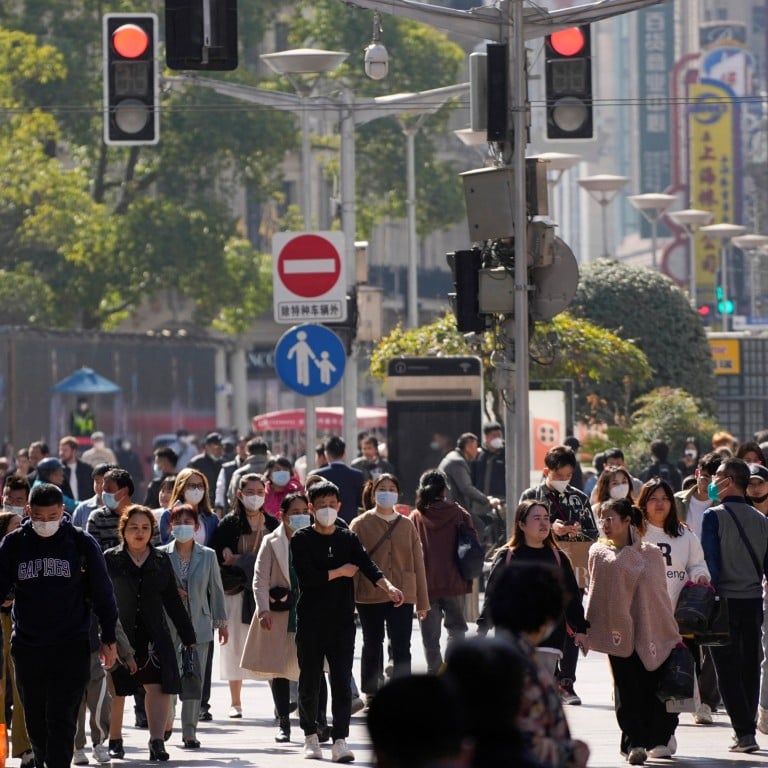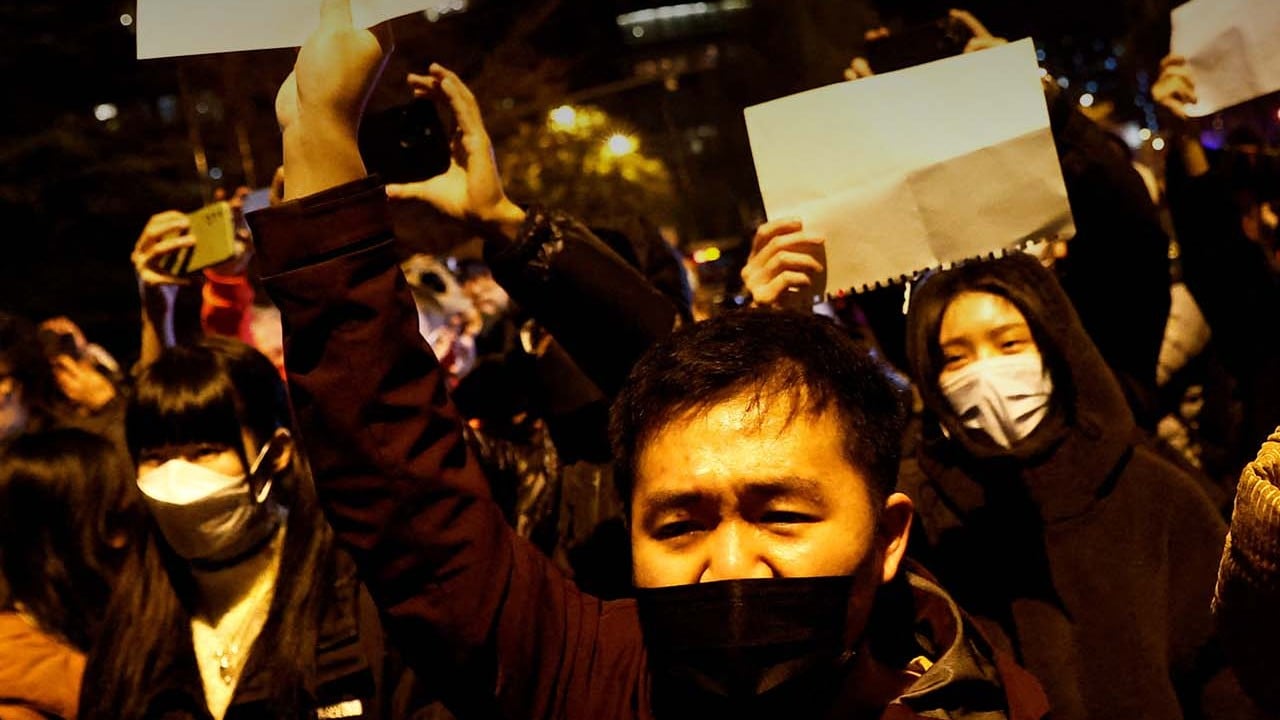
China seeks to tighten grip with new social work department
- It will ‘coordinate and guide’ the handling of petitions and ‘improve party-building’ in non-public sectors, according to reform plan
- The move ‘turbocharges’ efforts to extend party’s influence in private firms, industry associations and civil society, analyst says
It will also “lead” the work of industry federations and improve the governance of grass-roots communities in urban and rural areas.
The new department is part of a broad overhaul aimed at strengthening the party’s grip over finance, science and technology, Hong Kong and Macau affairs as well as social work – areas the top leadership sees as crucial for China’s security and stability amid intensifying rivalry with the United States and an economic slowdown.
According to the plan, the new social work department will “improve party-building” in non-public sectors including private companies and foreign firms, industry federations and volunteer organisations.
While China’s economy is dominated by the state sector, the private sector contributes more than 50 per cent of the country’s annual tax revenue, more than 80 per cent of urban employment and has accounted for more than 90 per cent of market entities in recent years, official data show.
Chen Daoyin, an independent political scientist who previously worked for a Shanghai university, said the move was “aimed at strengthening supervision, management and control over non-party or state organisations, ensuring social stability and preventing mass events from threatening the party’s rule”.
“After the reform, the freedom of civil organisations will be squeezed even further,” Chen said. “They will be turned into organs serving the needs of the party.”

According to Neil Thomas, a fellow at the Asia Society Policy Institute’s Centre for China Analysis, the new social work department “turbocharges Xi [Jinping]’s existing efforts to enhance the party’s influence in private firms, industry associations and civil society, as well as extending these efforts to the gig economy and online influencers”.
Thomas said the department might “push these firms to either establish party committees or to give more influence to existing party committees”.
“Widespread protests against Covid curbs last November could have encouraged Xi’s decision to create a social work department,” he said.
“The new institution is designed to strengthen the party leadership’s oversight of citizen complaints, which last year could have helped Xi to defuse the protest movement either by cracking down earlier on souring public opinion or by accelerated loosening of Covid controls.”
How China’s zero-Covid U-turn sparked a wave of public resentment
China made an abrupt decision to scrap its tough pandemic restrictions in December after three years of mass testing and lockdowns. A fresh wave of the virus swept the country after the exit from zero-Covid, which came with no timetable or road map and caught many by surprise.
It followed rare protests in major cities calling for an end to the harsh controls, with demonstrators holding up blank sheets of paper to express their anger and some even calling for regime change.
Under the reform plan, institutional restructuring at the central level is to be completed before the end of the year, while changes at the local level are to be made by the end of 2024.


